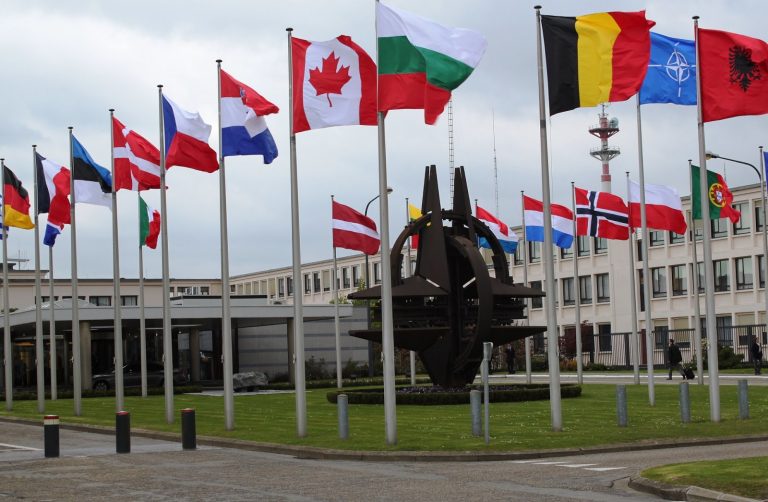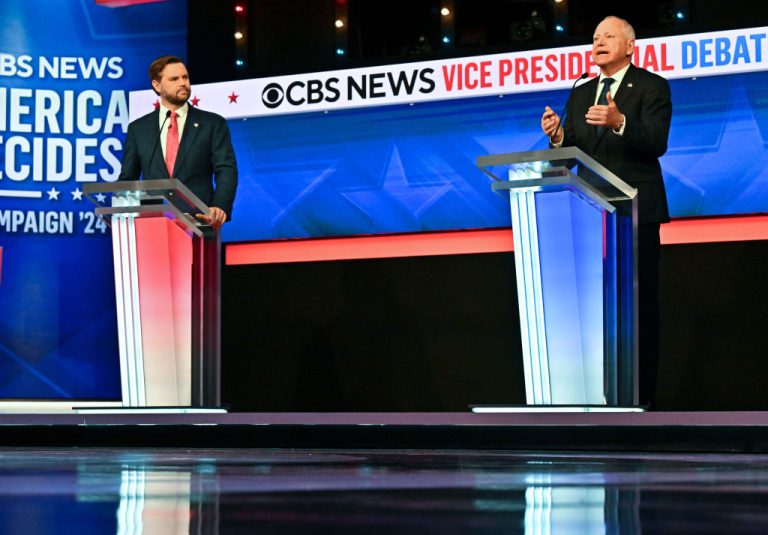Twitter has announced the ban of 373 accounts tied to Iran, Russia, and Armenia’s governments. These accounts violated the platform’s policies by “undermining faith in the NATO alliance and its stability.” Around two-thirds of the accounts were Iranian in origin. One hundred thirty accounts were found to have attempted to disrupt public discussion during the 2020 U.S. presidential race and were removed after the FBI provided intel.
Two networks operated out of Russia, 69 profiles were engaged in undermining NATO and boosting Moscow’s narratives. 31 were spreading Russian propaganda against European Union and the United States.
Thirty-five accounts linked to the Armenian government advanced narratives favorable to Armenia and unfavorable to Azerbaijan. Some of them claimed to be political figures from Azerbaijan but operated in a spammy manner.
Russian Foreign Ministry spokeswoman Maria Zakharova criticized Twitter, accusing the platform of promoting a “digital dictatorship.”
“We have to once again note that Twitter is rapidly degenerating from an independent discussion platform into a tool of global digital dictatorship in the hands of the Western establishment… It is worth noting that Twitter accounts of Western states are not targeted by such punitive operations, despite the fact that the information published there is sometimes deliberately false,” she said in a statement.
Success
You are now signed up for our newsletter
Success
Check your email to complete sign up
The spokeswoman stated that Twitter’s non-legal blocking of accounts over opaque criteria is unacceptable as it undermines the trust in social networks, being a space where people can freely exchange opinions. Zakharova noted that millions of users could be classified as illegitimate according to Twitter’s definition.

Twitter’s arbitrary ban on accounts and posts has attracted widespread criticism in recent months. During his presidential term, the platform banned then-U.S. President Donald Trump, sending shockwaves and raising concern that the company might have become powerful enough to require some form of regulation.
In India, Twitter was at loggerheads with the federal government, refusing to remove certain accounts that the administration requested. Twitter eventually had to agree to New Delhi’s demands and the government has announced new rules to ensure the platform adheres to the country’s laws.
Fines for censorship
Given the rising incidences of social media censorship, Republican Senator Curt Friesen from Nebraska has proposed a law that will mandate online platforms to provide a written notice to any user whose account is suspended, censored, or disabled.
The notice has to be issued within 30 days of the action. Since its inception, the bill targets social media sites that have more than 75 million users and are not affiliated with any political party or religion.
“While I understand the importance of preventing violence, unaccountable social media giants — that are answerable only to their shareholders — are not the right entities to make these sorts of decisions, especially when these decisions can be made for any reason, with zero due process or accountability,” Friesen said in a statement.
If the social media site’s actions are found to have violated First Amendment protections, the operator or owner of the platform will be fined $100,000 per violation. The collected fines will be deposited with the state treasurer to support public schools.
Follow us on Twitter or subscribe to our email list







